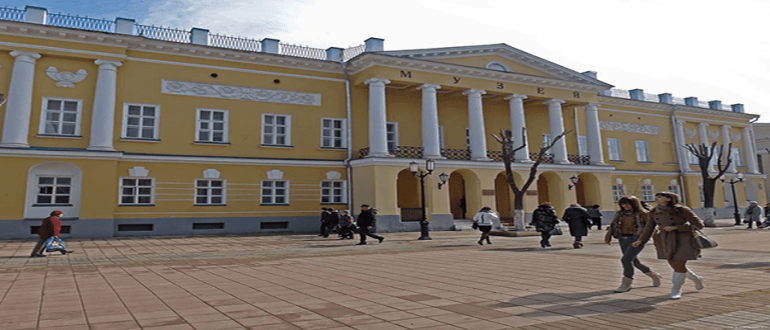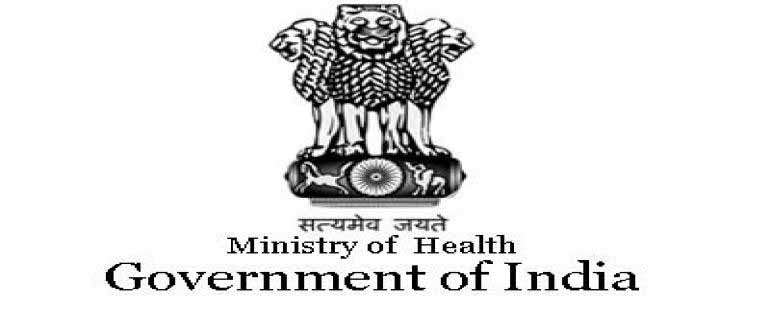

National Medical Commission (NMC) Bill, 2019 was passed by Lok Sabha. It looks to manage medicinal education and practice in India. The Bill accommodates setting up a National Medical Commission (NMC) instead of the MCI for the advancement and guidelines of all parts of medicinal education, profession, and institutions. It likewise accommodates setting up of a Medical Advisory Council to exhort and make suggestions to the board.
Answer: False. At any rate, 16 members and up to 21 out of 25 members would be only senior medicinal doctors. The chairperson of NMC would have at least 20 years' medical experience, out of which a minimum of 10 years would be as HoD or Head of Institution. Likewise, Presidents of the 4 independent boards would have at least 15 years' medical experience out of which 7 years would be in a leadership position.
Answer: UPSC generally chooses people for government occupations at the acceptance level. Searchcum-Selection Committees are the standard for most high-level arrangements like members from TRAI, CERC, AICTE, UGC and even UPSC itself.
Answer: Not True. The Committee under the chairmanship of VC, NITI requested the perspectives on the State Govts. on the changes required in MCI in the first round in May 2016. From that point, the draft NMC bill was circulated by NITI Aayog to all State Governments for their views in August 2016. In September 2016, states were also invited for another round of discussion and to express their views on the draft NMC Bill.
Answer: This has been done on the basis of DRPSC recommendations.
Answer: No arrangement for the licentiate test has been prescribed in the Act. As an expert body, the NMC will accept an approach to the arrangement and plan of NLE and frame guidelines after appropriate consultation. It is feasible for NMC to take a choice to merge the licentiate exam with a common last year test.
Answer: Each state is represented in the MAC so the advantage of the States' experiences on policy matters can be obtained and furthermore State-specific issues can be raised. The Vice-chancellor of the health university or university having the greatest number of medical colleges would represent the State. The intention isn't to have the representation of doctors in proportion to their quality in their State.
Answer: The procedure of consultations has been made necessary by determining in Section 55(1) that regulations would be made simply after past publication. It is additionally determined that regulations must be consistent with the NMC Act and the Rules made thereunder. With these stipulations, full independence has been granted to NMC to make regulations.
Answer: Under the MCI Act, State Medical Councils take care of enrollment of medical practitioners and implementation of professional ethics. They will continue to perform these jobs. NMC Bill doesn't poach upon the job of State Medical Councils. It rather promotes the States to comprise State Medical Councils inside three years of the beginning of this Act.
Answer: Section 28(1) of the Bill expresses that no individual will build up another medicinal college without acquiring prior permission of the MAR Board. There is no separate arrangement for private colleges and all the provisionals apply consistently to Government and private medicinal colleges. Methods have been simplified and outcome-based checking has been introduced to decrease the need for repeated examinations.
Answer: All increased seats would be assessed before the acknowledgment. Adherence to endorsed least standards would be kept up on the site of the College worried about heavy penalties in case of furnishing bogus data. A licentiate exam will guarantee the quality of graduating students.
Answer: Rigorous and independent selection of members through a straightforward procedure will guarantee greater accountability. The DRPSC felt that 'remembering the tragic involvement in a chosen administrative body… … controllers of the best expectations of expert respectability and greatness must be looked for by the Government through a thorough determination process'. (Para 3.16) Four Autonomous Boards have been recommended which are offered self-rule to outline arrangements, benchmarks, rules and so on. These four Autonomous Boards will work under the NMC. There is a clear segregation of powers of these four self-ruling boards. Further, Central Govt. has the capacity to give headings and override to Commission just as Autonomous Boards.
Answer: The stipulation to Section 33 isn't intended to permit doctors failing the NLE to practice however is expected to permit medical professionals like nurse practitioners, dental specialists and shorter duration allopathy courses presented by NMC in the future.
Answer: There was no provision of the guideline of fees in the IMC Act. Regulation of 40 seats is a step forward. The extent of managed seats directly affects the fees of residual seats and a sensible equalization must be struck with so that the fees of unregulated seats don't get unviable.
Answer: The expense of setting up medicinal schools varies from State to State and as per the nature of the infrastructure made. Also on account of PG seats, the fees vary generally among pre-and para-clinical subjects and profoundly looked for after subjects then again. Subsequently, a uniform top on the expenses that can be charged would be difficult.
Answer: SC/ST/OBC quota in medicinal education is limited to Government/State quota setas only. Fees for all State quota seats would be fixed by State Governments, out of which expenses of 40% seats could be fixed as per NMC rules.
Comment (0)
Leave a comment